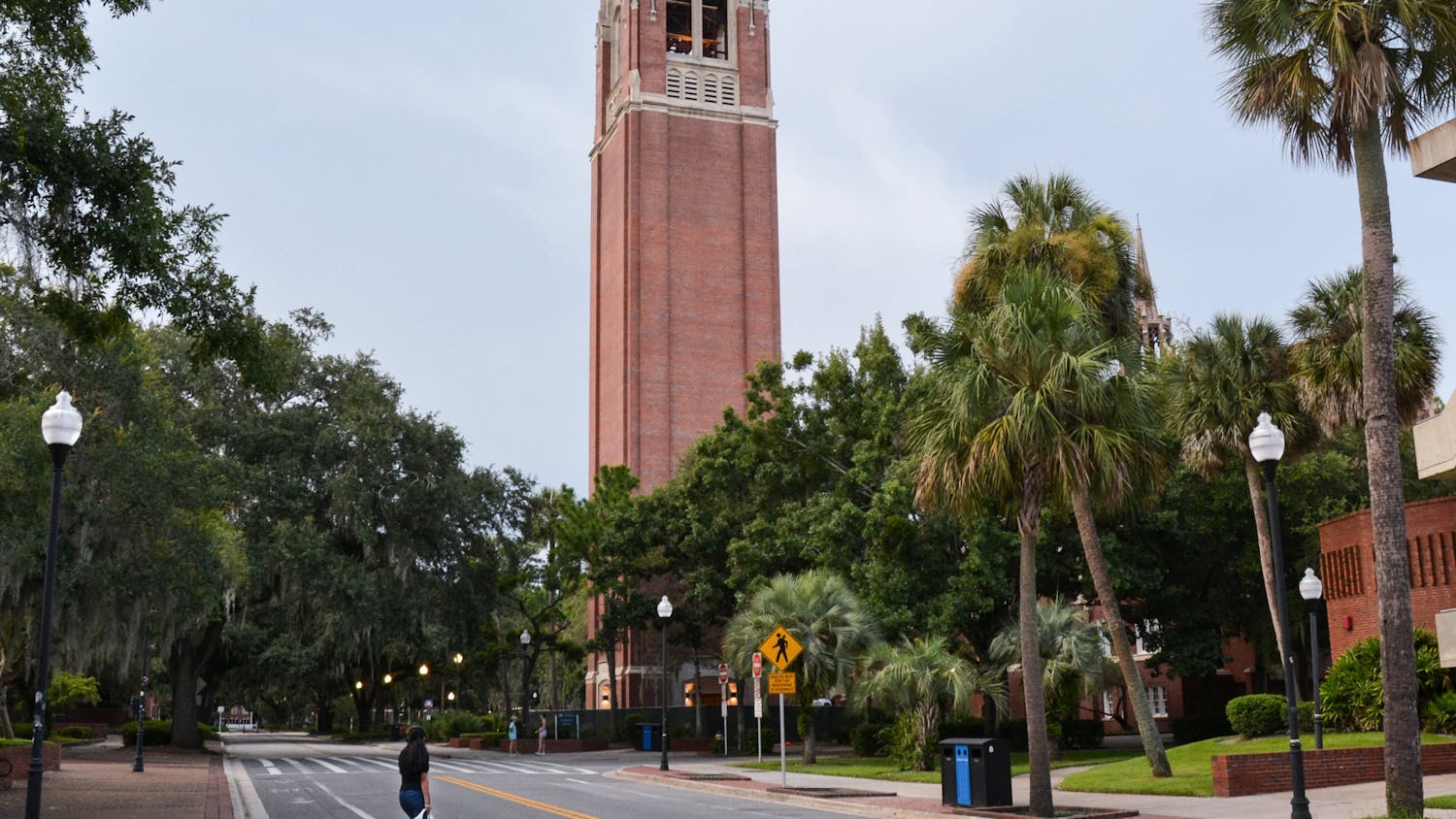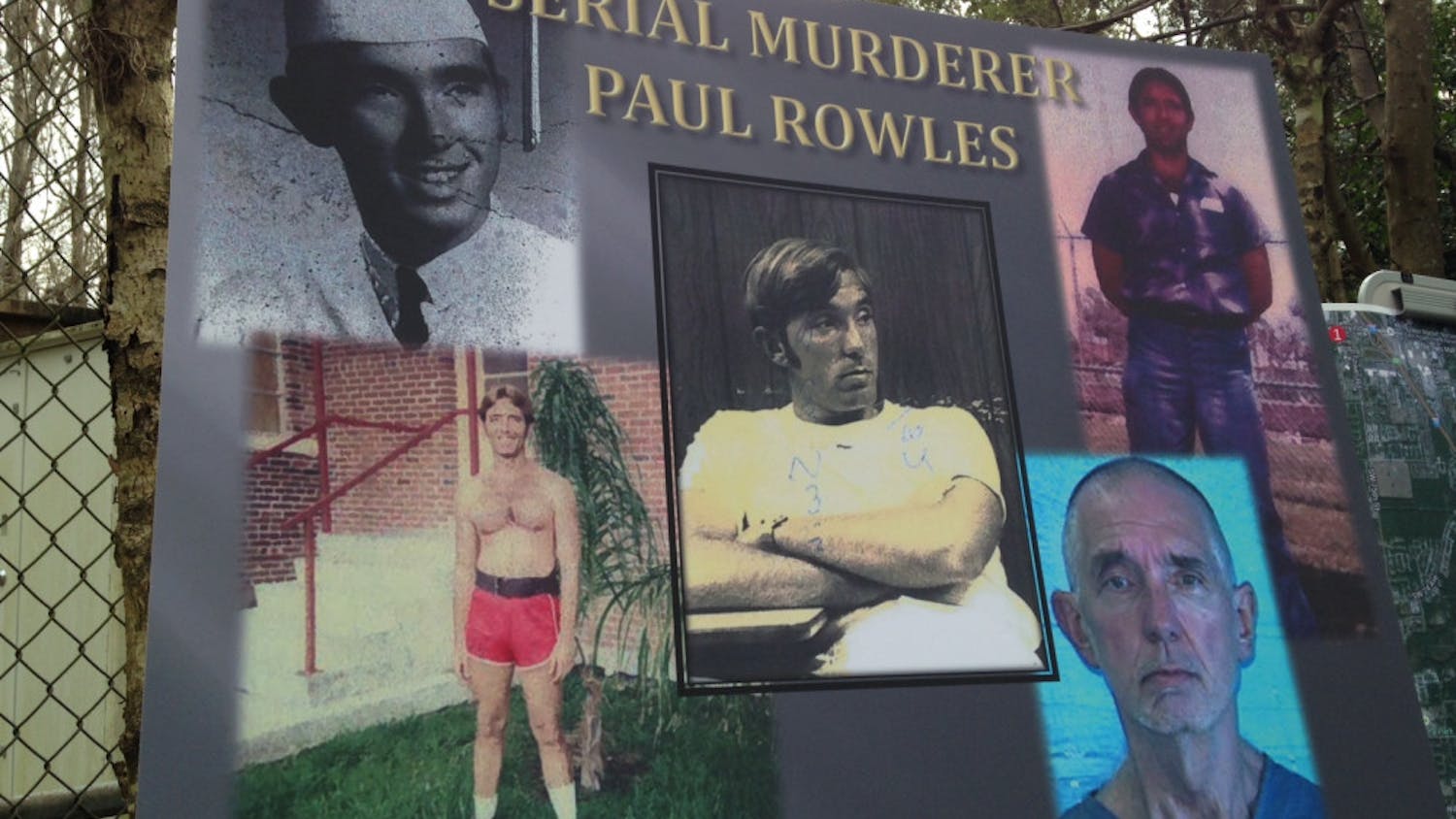Wayne Wheeler’s trailer has been empty for more than a week now.
He threw out all his furniture and has been staying with friends and family since his three pet raccoons — Sister Rikki, Eli and Sheba — were taken from him April 12 to test for rabies after Sheba scratched a woman in a Butler Plaza Publix parking lot.
The same day they were taken from him, test results revealed all three raccoons were rabies-free. It took the Florida Fish and Wildlife Conservation Commission a week to notify Wheeler.
“I’m pretty upset,” the 47-year-old said Saturday. “They didn’t have to kill my raccoons. These things are like babies to me.”
The raccoons received rabies vaccinations in August, according to shot records from a local veterinarian.
However, because the raccoons are wild animals, the vaccination isn’t proven to work, said Anthony Dennis, director of environmental health at the Alachua County Health Department.
“The science behind providing vaccines is only established in dogs, cats and ferrets, and some other domesticated animals like horses,” he said. “And in terms of raccoons and opossums, it just has not been established that that is a protective measure that reduces rabies in that population.”
Dennis said because of photos and testimony from other people about possible exposure to the raccoons, all three had to be seized, euthanized and decapitated to test parts of the brain for the virus.
“It is a very unfortunate and sad turn of events,” he said, “but we have to be 100 percent sure because there is no cure for rabies.”
Carlos Romero, a UF College of Veterinary Medicine research professor, agreed with the health department’s decision.
Romero said scientists don’t know as much when it comes to the rabies vaccination in wild animals. Depending on the animal and the point of contact, the incubation period could last up to a few years, and once the virus kicks in, there is no cure, he said.
“There are so many variables that if there’s a human life at risk, you really don’t want to take any chances,” he said.
The only reliable way to test for rabies in an animal is through euthanasia and test samples collected from the brain, Romero said.
“It’s a shame that at the end of the day, the animals got destroyed,” he said, “but what can you do?”
Looking forward, Wheeler said he’s working with a friend to secure a lawyer, adding he wanted to work with the Florida Fish and Wildlife Conservation Commission to change laws related to rabies testing.
“I really don’t know what’s going to happen,” he said. “I just want a normal, peaceful life.”
Contact Kathryn Varn at kvarn@alligator.org.





